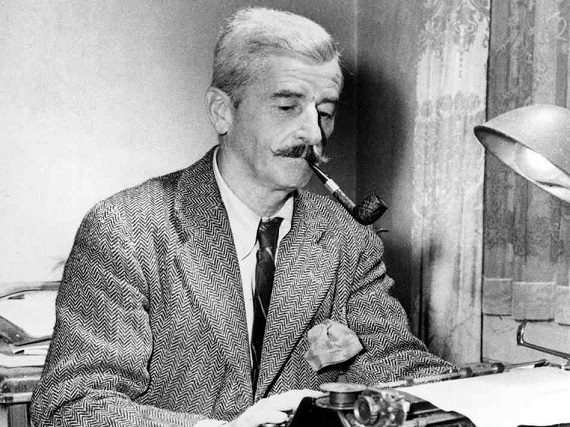
Of that generation, Andrew Lytle observed, it “was the last moment of equilibrium . . . the last time a man could know who he was. Or where he was from. It was the last time a man, without having to think, could say what was right and what was wrong.”
When I think of the state of literary criticism in the academy today, I think of a New Yorker cartoon someone has put up in the liberal arts coffee lounge at Clemson. It shows a fool, in cap and bells, juggling before the king. The caption reads: “In France they consider him a creative genius.”
Underneath someone has written: “Does this refer to Jerry Lewis or Derrida?” For the uninitiated, Jacques Derrida is the French critic who founded deconstruction, an arcane methodology that regards written texts as primarily self-referential wordplay. Whatever may be said for the metaphysics of this approach, it, along with structuralism and other recent forays into “critical theory,” is frequently more difficult to understand than the creative works it is meant to explicate. Glossolalia may or may not have its place in religion; in literary exegesis it is deadly.
How different things were when the Southern “new critics” were running the show.
More @ The Abbeville Institute

No comments:
Post a Comment